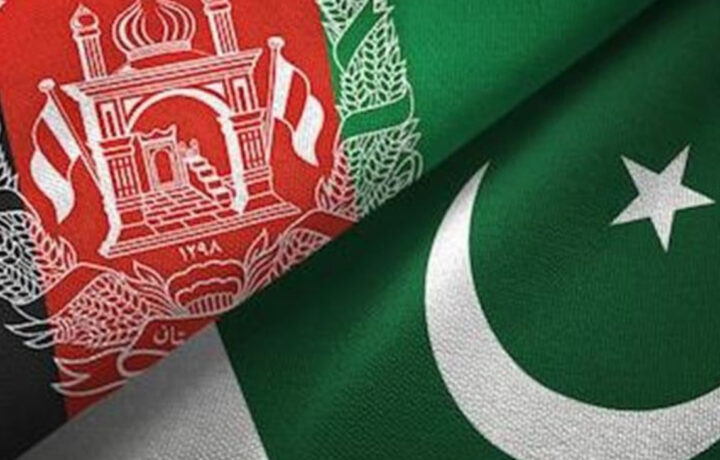On July 7, Pashtun Poet and human rights activist Gilaman Wazir was shot in Islamabad. The ripples from his death are still rolling outwards from his homeland in North Waziristan. Wazir, also known as Hazrat Naeem, was a key leader in the Pashtun Tahafuz Movement and a close friend of its leader Manzoor Pashteen.
While poets are not usually seen as national security threats, Gilaman was held in detention and allegedly tortured by Pakistan security services for eight months before he was released in January 2024 and murdered in July 2024. So far, the Pakistani authorities have been unable to find the attackers.
The PTM followers believe this was a Pakistani security forces-sanctioned murder. They note that the government pretended they did not even have Wazir in custody for months earlier this year. PTM members also allege that Wazir’s murderer was allowed to fly to UAE to avoid arrest. PTM proponent and former Afghanistan parliamentarian Mariam Solaimankhil said that “Gilaman had been on the Pakistani security “Exit Control List” since his release from custody, and that this restriction kept Wazir from being transferred to better medical facilities in the Gulf or Europe after he was attacked.”
Why does PTM worry the Pakistan Security Services?
Pakistan has a large population (fifth largest in the world with 240 million), but is not a very large country in land area. For Pakistan, their land size is critical for national defense. The southwestern Balochistan province of Pakistan has a powerful and long-standing movement seeking to separate itself from Pakistan. For Pakistan that is a security problem of major proportions. Balochistan (~134,000 sq mi) makes up just less than half of the total land mass of Pakistan but has a small population of around 15 million. With its ever-present conflict with India, Pakistan’s military sees the loss of Balochistan as unthinkable, and it feels the same way about losing the Khyber Pakhtunkhwa (~40,000 sq. mi) to any sort of independent state or shifting allegiance to the nation of Afghanistan.
The PTM activities in Khyber Pakhtunkhwa (KPK), where about 41 million people live, are seen as a threat to Pakistani sovereignty, national unity, and security. The cycle of mistreatment of the Pashtuns (Pakhtuns) in Western Pakistan by the mainly Punjabi leadership has persisted for decades. PTM is not a political movement yet, but it is a powerful social movement that continues to gain supporters inside Pakistan and globally.
Gilaman Wazir used his poetry to point out what PTM sees as corruption and oppression from the Pakistani government towards the Pashtun people in the Khyber Pakhtunkhwa province. According to Solaimankhil, “Wazir called for schools instead of terror camps, for hospitals instead of warzones, for a future where Pashtun children could live free from fear.” PTM followers believe that the Pakistani military has been using their children to create cannon fodder for terrorist organizations that do the bidding of Pakistan around the region, most notably the Taliban and Haqqani terror network in Afghanistan.
Gilaman’s messages had reached millions of Pakistani citizens and led to the PTM leadership being able to call for massive rallies and assemblies across the country to change the way the Pakistani military treats them. This ability to command hundreds of thousands of people in defiance to the Pakistan military’s orders is frightening to the security services.
What Happens Next?
The murder of Gilaman, “a husband, a father of five, and a brilliant mind will spark a wildfire of resistance,” says Solaimankhil. She and other PTM supporters believe his death will create countless new activists that will fight for “justice and peace” in their province.
When Manzoor Pashteen, the PTM leader told Gilaman’s mother about her son’s death he said she smiled and made a promise to the entire nation that “she gave her son to the cause…[that] he was the son and brother of everyone in this nation, and this soil is our mother.” She then declared, “I am ready to sacrifice my life to break the chains of slavery on our people.”
The tribes of KPK will gather on October 11 to decide what they will do next as a group in response to decades of violence in KPK. PTM supporters do not think Gilman’s death marks the end of the resistance towards their mistreatment by Pakistan’s government.


